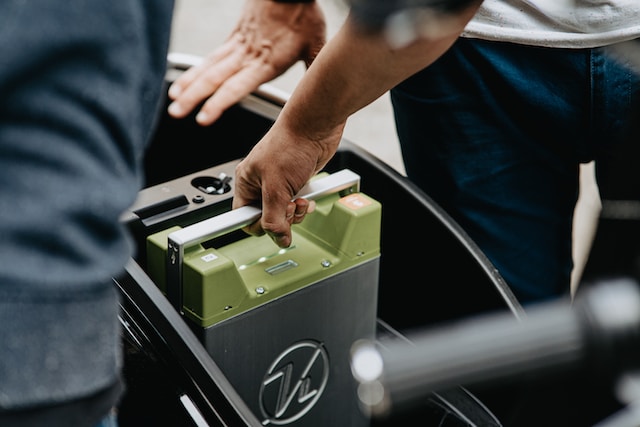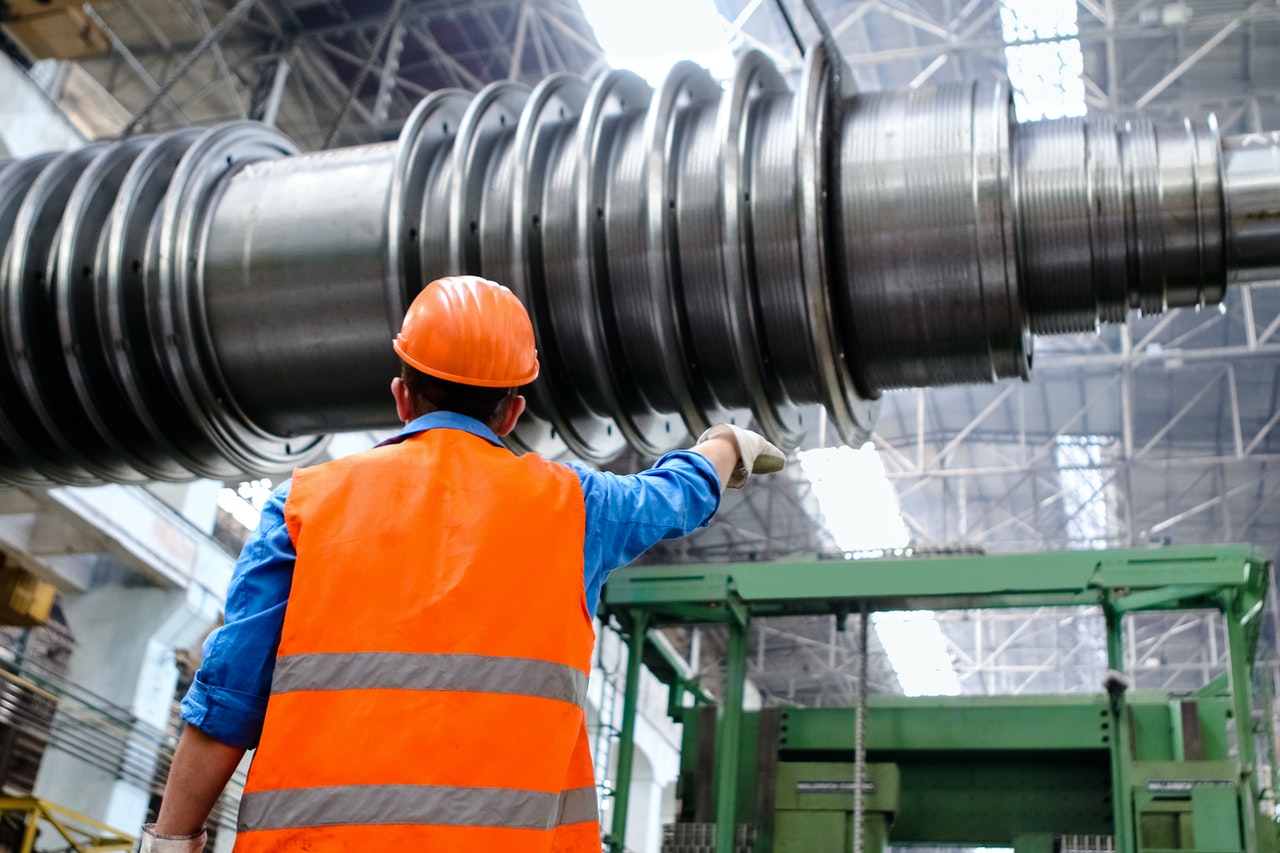Researchers in Japan have developed a new type of battery that uses organic molecules instead of metals. This new battery is called an all-solid-state rechargeable air battery (SSAB), and it is more stable and efficient than traditional batteries.
Traditional batteries use metals for the negative electrode, but this can lead to problems such as the formation of dendrites. Dendrites are small, needle-like crystals that can grow on the negative electrode and pierce the separator, causing a short circuit. This can lead to the battery overheating and catching fire.
Japanese researchers have developed an all-solid-state rechargeable air battery (SSAB) and examined its capacity and durability. Led by Professor Kenji Miyatake from Waseda University and the University of Yamanashi, the study used 2,5-dihydroxy-1,4-benzoquinone (DHBQ) and its polymer poly(2,5-dihydroxy-1,4-benzoquinone-3,6-methylene) (PDBM) as active materials for the negative electrode.
Redox-active organic molecules can be used as a negative electrode in batteries, and they have several advantages over metals. They are more stable, they do not form dendrites, and they are more efficient. The SSAB also uses a proton-conductive polymer as the solid electrolyte for more safety.
The results were impressive. The SSAB has been shown to be very efficient, and it did not deteriorate in the presence of water and oxygen. The researchers are optimistic that this technology can extend the battery life of small electronic devices and contribute to a carbon-free society.
SSAB is a promising technology with various applications, including extending the battery life of small electronic devices and contributing to a carbon-free society. Although still in the early stages of development, the SSAB shows potential to overcome challenges faced by other air batteries.
Enhancing the SSAB’s performance and durability is the top priority as researchers aim to bring it to market in the near future. Their dedication to pushing the boundaries of energy storage technology holds promise for a more sustainable and eco-friendly tomorrow.






